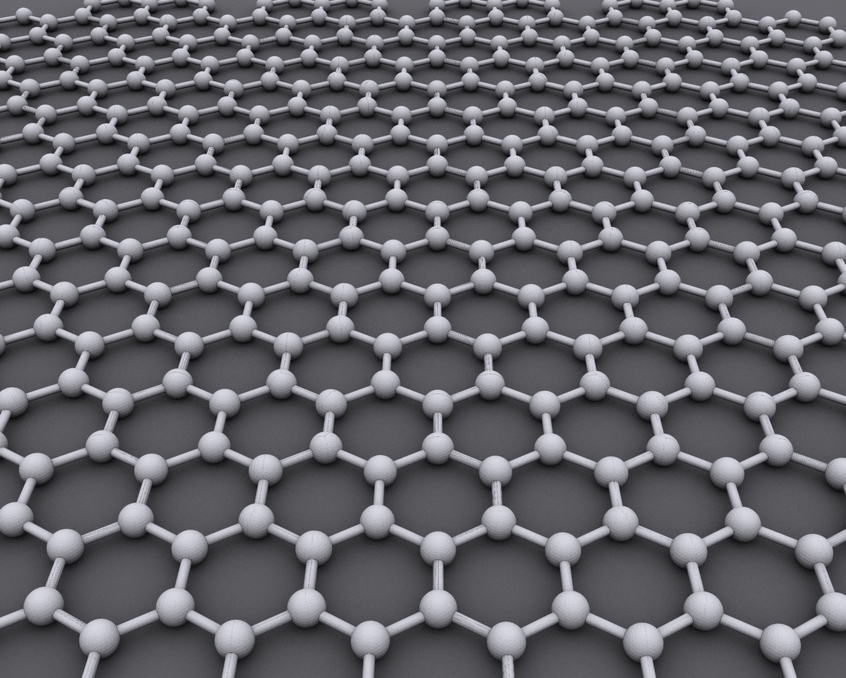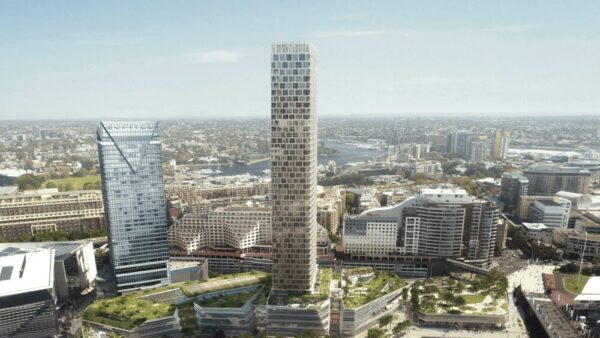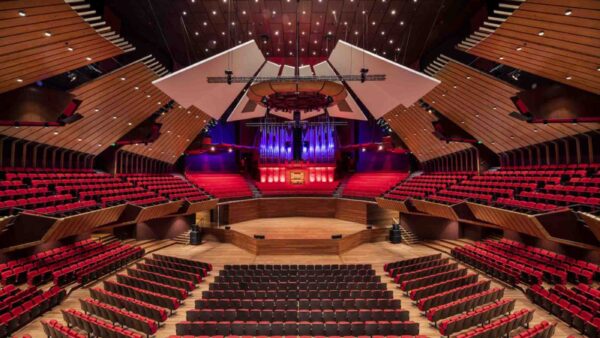A team of scientists from Exeter University in the UK has discovered a way to add graphene to concrete to render it “twice as strong and four times more water resistant” than regular concrete.
Graphene is an allotrope of carbon formed by a hexagonal lattice. It has a long list of remarkable properties, one of which is strength. It is the strongest material that has ever been tested – six times lighter than steel, but 200 times stronger.
Researchers from Exeter say their concrete can be “used directly by the construction industry on building sites” and that the samples it has created would meet British and European standards for construction.
The study shows that the concrete would also be cheap to make and compatible with large-scale production.

The hexagonal atomic-scale grid structure of graphene (Wikimedia Commons/AlexanderAlUS)
Professor Monica Craciun, co-author of the paper, said: “Our cities face growing pressure from pollution, sustainable urbanisation and resilience to catastrophic natural events. This new composite material is an absolute game-changer in terms of reinforcing traditional concrete to meets these needs.
“Not only is it stronger and more durable, but it is also more resistant to water, making it uniquely suitable for construction in areas that require maintenance but are difficult to access. Â
“More importantly, by including graphene we can reduce the amount of materials required to make concrete by around 50%, leading to a significant reduction in carbon emissions.”
The scientists believe that the technique could lead to the incorporation of other nanomaterials into concrete.
The study, titled: Ultra High Performance Nanoengineered Graphene-Concrete Composites for Multifunctional Applications, was published in the journal Advanced Functional Materials. Â
Top image: Exeter University’s concrete sample (University of Exeter/Dimitar Dimov)
Comments
Comments are closed.







great development and would like to know more
This kind of concrete could helpful in Puerto Rico. We have some filtration problems in our roofs. How can we find this new concrete?